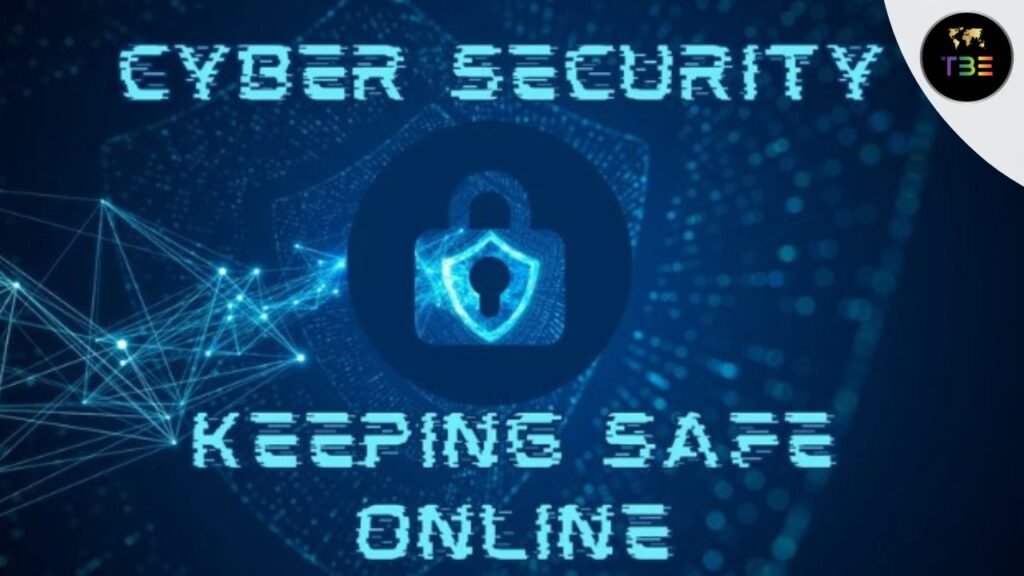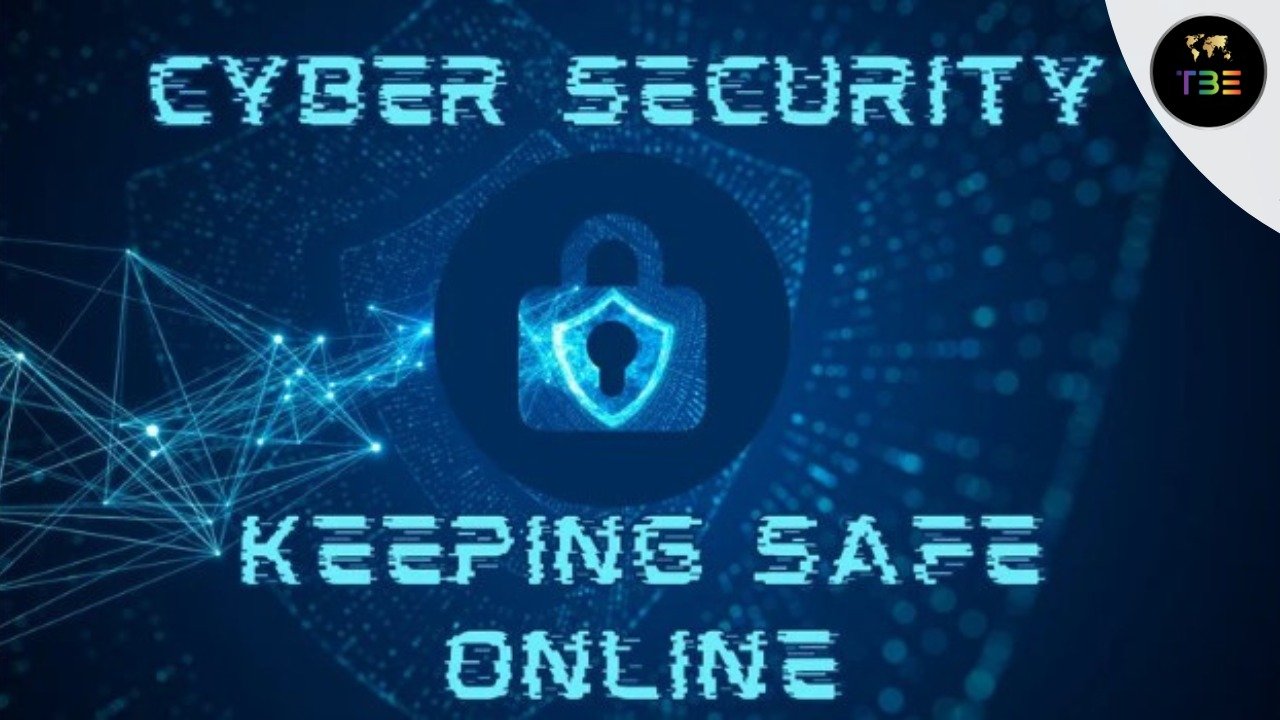
In the current digital era, cyberattacks pose a growing threat to small enterprises. A small business can be severely damaged by malware infections, phishing schemes, and data breaches, which can result in financial losses, harm to the company’s brand, and even closure. Thankfully, small businesses may safeguard themselves with a variety of cybersecurity precautions. However, what is the price of cybersecurity for a small company?
In actuality, there isn’t a universal solution. A small business’s cost of cybersecurity will vary based on several factors, such as:
- The scale as well as the complexity of your company: A five-person small firm will require different cybersecurity measures than a fifty-person company.
- The kind of information you keep: More expensive security measures will be required if your company has sensitive data on file, such as credit card details.
- The sector in which you work: Certain sectors, like healthcare and banking, are subject to more stringent regulations and must adhere to tougher compliance standards.
- Your existing IT infrastructure: Upgrading to more advanced protection will be less expensive if you already have some basic security measures in place, such as firewalls and antivirus software.
Though there isn’t a single cost, we may examine some broad pricing ranges and dissect the various elements that go into a small business’s overall cybersecurity budget.
Cheap and Free Cybersecurity Solutions
The good news is that small businesses can choose from a variety of free and inexpensive cybersecurity solutions. Among them are:
- Security awareness training: Teaching your staff about cybersecurity best practices and risks is one of the best methods to strengthen your cybersecurity posture. Many free internet resources are accessible, including those from the National Institute of Standards and Technology (NIST).
- MFA (multi-factor authentication) and strong passwords: Make sure your staff members have strong password policies in place, and whenever feasible, activate MFA. By doing this, you may increase security and make it harder for hackers to access your systems.
- Free antivirus and anti-malware software: Free antivirus and anti-malware software is available from several reliable suppliers. Even while they might not have as many features as premium options, these can nonetheless offer some level of defense against frequent threats.
- Open-source security tools: You may protect your systems and find flaws with a variety of open-source security tools. However, these tools typically require some technical expertise to implement and manage.
Paid Cybersecurity Solutions
The majority of small firms will need to make an investment in some paid cybersecurity solutions, even while free and inexpensive options can offer a minimum degree of protection. These may consist of:
- Managed security services (MSS): Security services such as intrusion detection, vulnerability scanning, and security information and event management (SIEM) are provided by MSS companies. For small organizations without the internal knowledge to handle their own security, this can be a good choice. Monthly expenses usually vary from $100 to $400 per user.
- Endpoint security software: This software guards your mobile phones, desktop computers, and laptops against viruses, phishing scams, and other dangers. Typically, monthly costs for each user fall between $3 and $8.
- Email security solutions: These solutions can guard your company from spam, viruses, and phishing scams sent through email. Typically, monthly costs for each user fall between $3 and $8.
- Encryption software: Sensitive data can be safeguarded with encryption software while it’s in transit or at rest. Expenses may differ based on the particular solution you select.
- Cybersecurity insurance: Cybersecurity insurance can help defray the expenses associated with a data breach, including notification expenses, legal fees, and credit monitoring for impacted parties. Depending on the coverage you select and the size of your company, costs may change.
Extra Ideas to Consider
When creating a cybersecurity budget, there are several other things to take into account in addition to the price of software and services. Among them are:
- The expense of hiring and training IT workers: If your organization does not have its own IT team, you will have to account for the expense of hiring and training a cybersecurity manager.
- The price of recuperating from a cyberattack: The price of recuperating from a cyberattack can be high and includes forensic investigation, data recovery, and downtime.
The following represents a breakdown of possible cybersecurity spending ranges for small businesses:
Cheap: $500 to $1,000 a month: Most likely, this budget would only be able to pay for minimal security precautions like free antivirus software.
ALSO READ: Know What Can Be Done With AI: From Self-Driving Cars to Creative Powerhouse
















Leave a Reply